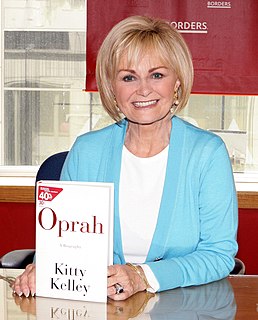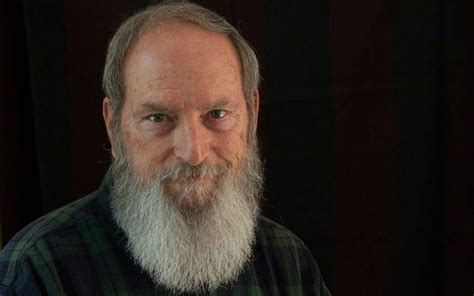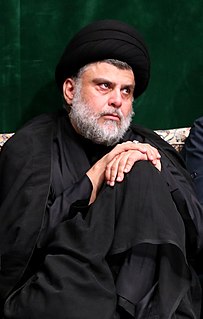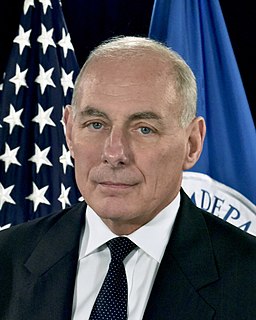A Quote by Robert Dallek
As for Vietnam, what matters is that Kennedy successfully resisted pressure to send anything more than military advisers, a stance that was a likely prelude to complete withdrawal from the conflict. There is solid evidence of his eagerness to end America's military role in that country's civil war.
Related Quotes
Yes and no. Because America has only about 1 percent of the population serving in the military, it is hard for many civilians to understand the sacrifices military families make. However, my experience is that after the Vietnam War, the public learned that they should support the military whether or not they support the war. You've seen that outpouring of support for the veterans of both Iraq and Afghanistan.
Eisenhower was less deferential to the military than he seemed likely to be, Kennedy was not at all beholden to the pope, George W. Bush was smarter than portrayed and Barack Obama has not led a charge from the left - least of all on behalf of the civil liberties that have eroded since September 11, 2001.
There is a residual sense for me, having grown up in the early '70s, that I did not know I had, which was a sense that the military are different than I. Because there was such a divide between the military world - and there still is, because there's no draft - and the civilian world is one of the rotten harvests of the Vietnam War, was this sort of bifurcation of America in that way.
At the beginning of his administration, Reagan tried set the basis for American military intervention in El Salvador - which is about what Kennedy did when he came into office in regard to Vietnam. Well, when Kennedy tried it in Vietnam, it just worked like a dream. Virtually nobody opposed American bombing of South Vietnam in 1962. It was not an issue. But when Reagan began to talk of involving American forces in El Salvador there was a huge popular uproar. And he had to choose a much more indirect way of supporting the collection of gangsters in power there. He had to back off.
All at once, funding was gone due to the Mansfield Amendment, which was a reaction to the Vietnam War. In the minds of the local RLE administrators, research in gravitation and cosmology was not in the military's interest, and support was given to solid-state physics, which was deemed more relevant.
Some 3,500 Muslims now serve in the U.S. military. The overwhelming majority of them are loyal Americans who see no conflict between their personal religious duty and service to their country. But there can no place in our military for those persons of any faith who do. America has now seen the horrors of what 'diversity at any cost' can lead to.
What it targets is not something that's really looked at a lot in terms of the war. This is stuff that's off the beaten path in terms of what we think of every time you start a Civil War history or a Civil War presentation. It's usually about the military and the soldiers and all that stuff. And this is not. It's the backdrop to a place and a time and circumstances that didn't have anything to do with that.







































